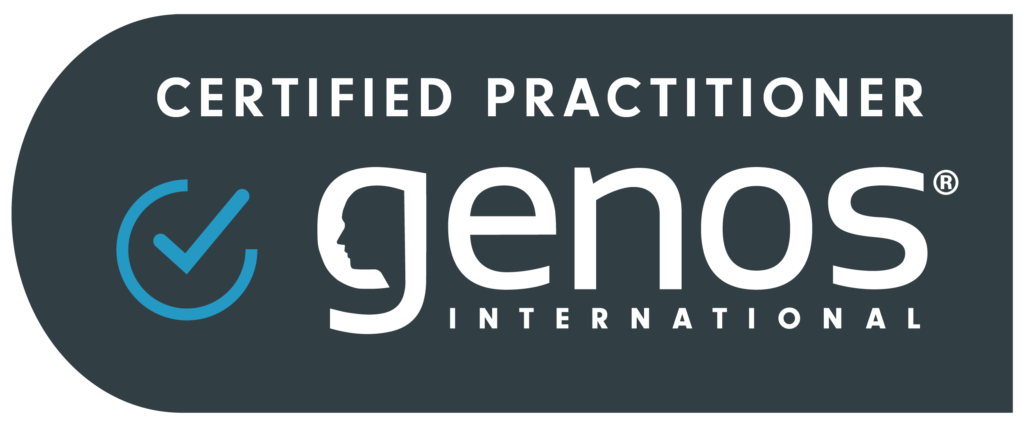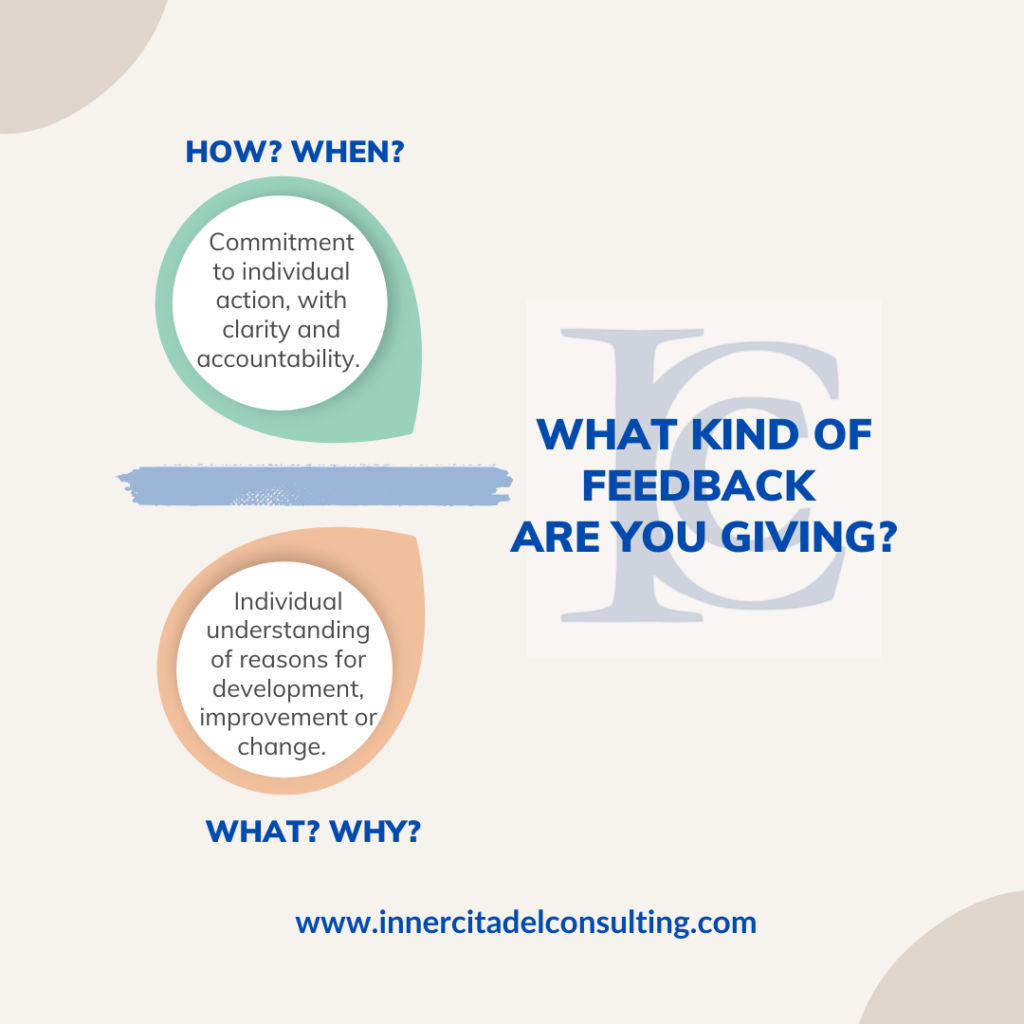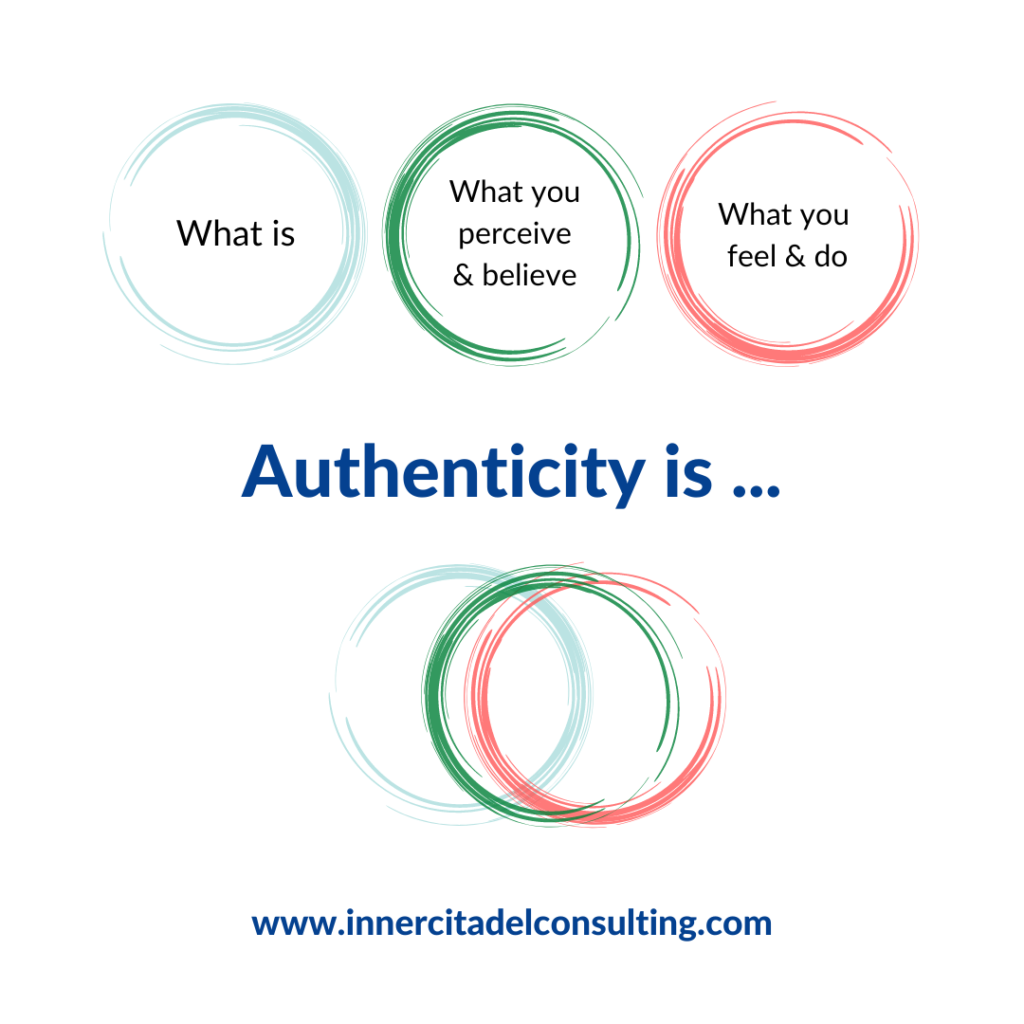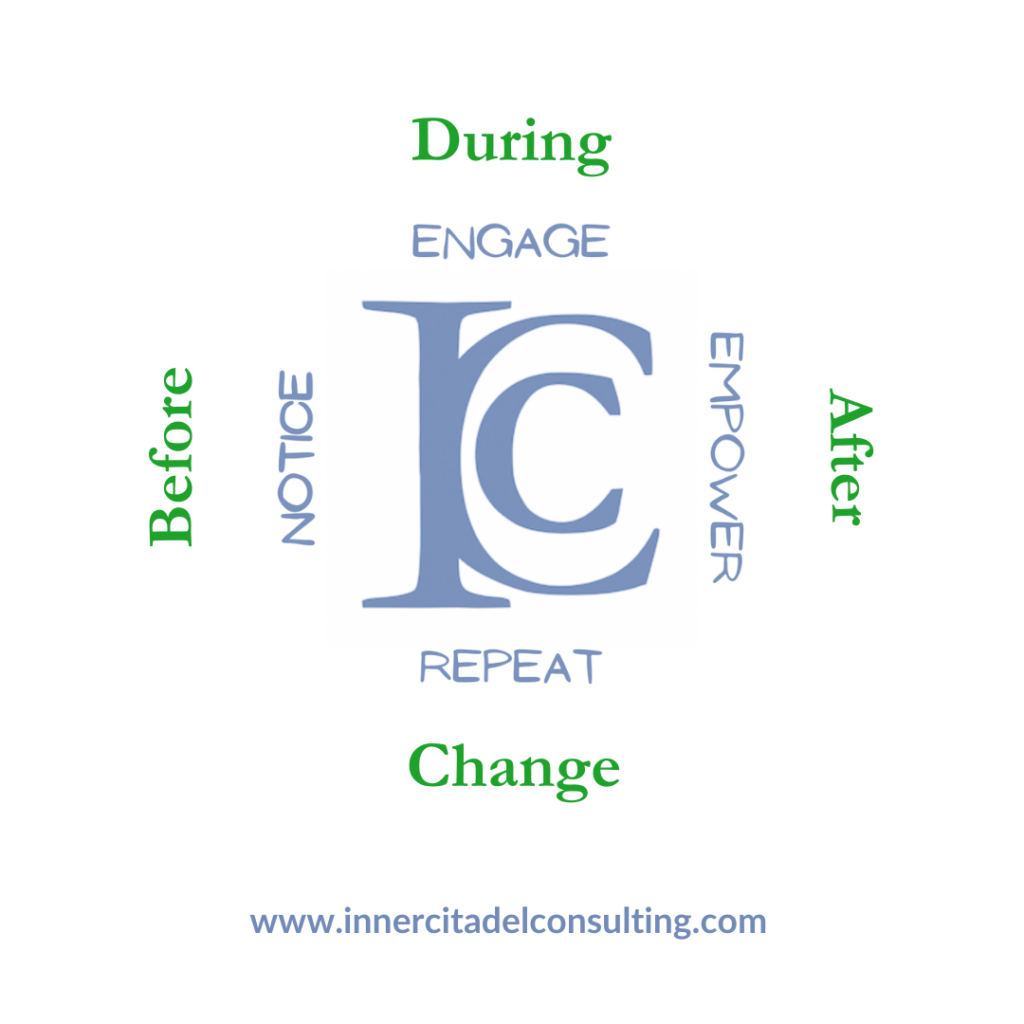Confidence. My sense is that this is one of those qualities that often teeters on the edge between positive and negative or is a proxy for other qualities or states of mind that are harder to describe. I’ve been in many conversations with colleagues and clients over the last couple of weeks where a lack of confidence has come up. For some, it has been in the context of their professional goals as they move into new roles or companies. For others it has been connected to return-to-office and all the many, many complexities some industries face in navigating the return to face-to-face workspaces.
I’d often thought of confidence as a kind of personal bravery. But the more I work with Emotional Intelligence frameworks (both ancient and modern), the more I realize it’s not really that at all. Confidence, I now think, is the “accurate assessment of one’s abilities and capacities relative to the problem or task one faces.” This definition resonates because it helps also explain over-confidence and lack of confidence.
For the work I do with Team Emotional Intelligence, the key part of this definition is actually “accurate”. Like almost everything in EI development, awareness plays an enormous role in assessment. We can develop awareness in many ways, but one of the desired effects is accuracy in perception and judgment. The link between this problem of confidence and EI development became clear to me after I was debriefing on a recent Team EI development project I ran for an academic team at a regional comprehensive. It was clear that the development program had led the team to understand their individual and collective EI much more accurately. And at the end of the program, the team expressed a confidence – they felt empowered – to adopt a set of norms (behaviors) and shared understanding as they transition out of remote work into face-to-face … some of them working face-to-face for the first time.
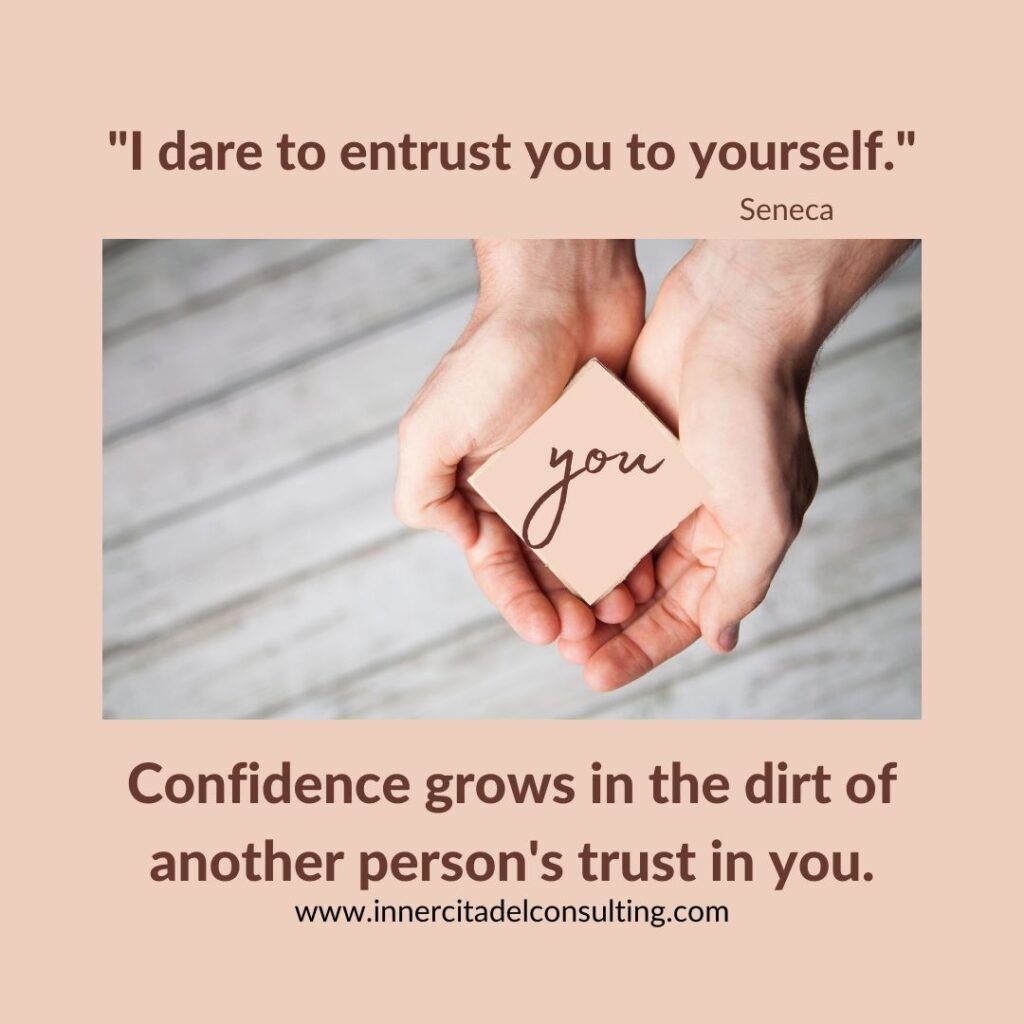
At the beginning of their work, the team members all completed an EI self-assessment. There were several stages of the project following Inner Citadel Consulting’s “Notice-Engage-Empower” model, the last stage of which included peer, external, and self-assessments for the team using the same tool. What was remarkable to me was the shift in the self-assessments after the development program, which brought the self-assessment scores in line with the peer assessment scores.
The first time through, about 90% of the team rated their own EI behaviors well below average. This was a little shocking to me, because my personal interactions with the team and the interviews I did with each of them had suggested a very high average Team Emotional Intelligence. The remaining 10% rated themselves much higher than average. After the development program, that same 90% assessed themselves on average a full point higher on the five-point scale across all six competencies. And the 10%? They assessed themselves a full point lower. The EI development program and the increasing self-awareness of the team had mitigated their self-perception, bringing them up and in line with the peer and external raters.
What does this mean? Well, I think it shows the power of even a short development program to promote accurate assessments of one’s own abilities and capacities. Both those who adjusted up and those who adjusted down were adjusting toward the judgment of everyone else who works with them. It’s not just that they became more realistic about their (excellent) EI skills – it’s that their accurate understanding of their capacities now places them in a position of confidence to face the challenges of return-to-office as a team.
When I’ve spoken with clients and colleagues about this massive new disruption toward a “back to normal” workplace (the irony is poignant), the kinds of reluctance and hesitancy about the return are often expressed as a lack of confidence. Sometimes that’s based on accurate judgment – we just don’t know, for example, what the next 6 months will bring. But more often it stems from inaccurate assessments of the challenges, the complexities, and our own abilities, from people’s confidence in leaders to make good decisions or from leaders’ confidence in their people to work effectively wherever they are.
For anyone struggling with confidence, personal or corporate, take some time to build your awareness of the circumstances, to use your emotional reasoning (or to develop your emotional intelligence) and strive for an accurate assessment of your capacities relative to the problems you face. We don’t always need to be brave – what’s wrong with being confident?

